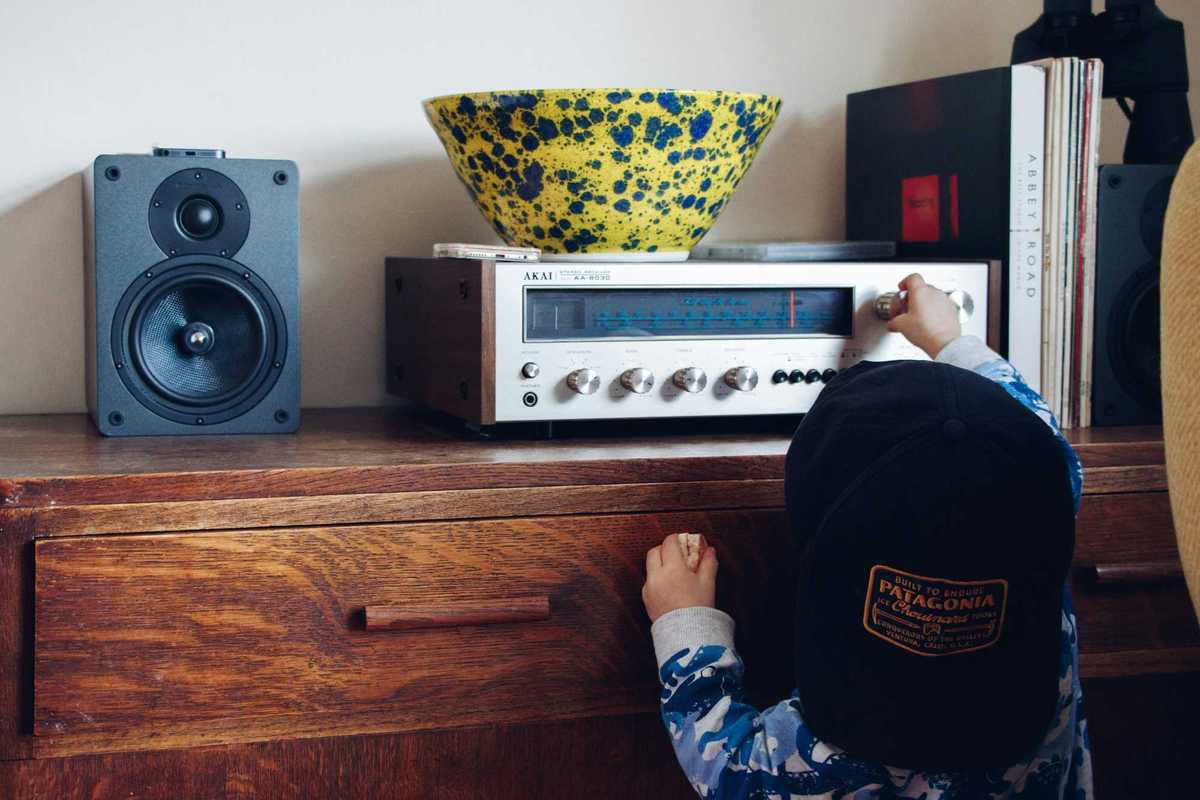Media Beat: November 04, 2019
Today's column includes Amanda Palmer's The Brexit Song (pictured), Google protecting its privacy, BCE and Bell numbers, election night calls, NHL broadcasting, and a corporate coup.

By David Farrell
What was said
Google demands privacy
Ya gotta laugh to keep from cryin'.
Google is involved in an anti-trust case with dozens of states over its business practices. According to the SF Chronicle, Google is very concerned that the case may threaten its privacy. Good heavens!
This week, Google filed a petition "demanding more protections before it hands over confidential business documents sought by investigators."
Google is afraid that some of its information might wind up in the wrong hands. Can you imagine the horror? Strangely they don't seem all that concerned when it's our information that might wind up in the wrong hands.
When they were Accused of 'Massive' Abuse of Intimate Personal Data, I don't remember their legal department swinging into action. You see, when it's our data they really don't give much of a flying shit, but when it's their data it turns out they're terribly fastidious.
According to the Chronicle, "Google said it wanted to be notified in advance before...its confidential company information (is shared) with third parties." Hey Google, ya know what? We'd like to be notified before our confidential information is shared with third parties, too. Okay? Oh, and by the way...screw you. — Bob Hoffman, The Ad Contrarian
BCE profit up
BCE Inc. reports it earned a third-quarter profit attributable to common shareholders of $867M, up from $814M a year ago.
The telecommunications and media company says the profit amounted to 96 cents per share for the quarter ended Sept. 30, up from 90 cents per share a year ago.
Operating revenue totalled $5.98 billion, up from $5.88B. — The Canadian Press
Bell Media Q3: By the numbers
Media operating revenue increased 2.7% in Q3 to $751M, driven by higher revenue from Crave subscriber base growth over the past year. Advertising revenue was down year over year due to the non-recurrence of revenues generated in Q3 2018 from the FIFA World Cup Soccer broadcast. Excluding the World Cup, advertising revenue was up over Q3 2018, driven by stronger conventional TV performance, including benefits from federal election coverage, and increases at specialty TV news service CP24 and Astral out of home. Media adjusted EBITDA increased 24.2% to $226M, due to higher revenue and a 4.4% reduction in operating costs.
CTV was Canada's most-watched television network in primetime among total viewers for a 15th consecutive summer season with 8 of the top 20 shows nationally, including The Amazing Race Canada, the #1 program of the summer and top Canadian series of the 2018/2019 broadcast year.
Bell Media's English-language entertainment specialty channels achieved unprecedented success in the 2018/2019 broadcast year with a 21% increase in viewership among adults 18-49. In September, Bell Media leveraged #1 entertainment brand CTV by renaming the Comedy, Bravo, Space and Gusto specialty channels CTV Comedy Channel, CTV Drama Channel, CTV Sci-Fi Channel and CTV Life Channel.
Bell Media again led specialty and pay-TV in Q3 with 6 of the top 10 English-language channels (TSN, CTV Comedy, CTV Sci-Fi, CTV Drama, Discovery and CP24) and 4 of the top 10 French-language channels (RDS, Super Écran, Canal D and Z) among adults 25-54.
advertisementTSN remained Canada's leading specialty sports channel and the top specialty channel overall in Q3, while RDS increased viewership 16%. The US Open Women's Final on TSN and RDS was the most-watched tennis broadcast ever on the networks, with a combined average audience of more than 3.4M viewers.
Bell Media was again Canada's top radio broadcaster, reaching an average audience of 16.2M listeners who spent approximately 70M hours tuned in each week.
The digital leader among Canadian media competitors, Bell Media reached 22.2M unique online visitors monthly and achieved averages of 445M page views and 827M minutes spent online each month. — Newswire
Steve Faguy review of TV election night calls
Since this is the big penis-measuring contest, let’s first lay out when the networks made their big calls for the night.
What’s interesting is that the networks ordered their calls differently. Global and TVA called a “minority government” before 10 pm, unclear if it was going to be Liberal or Conservative. The other networks, meanwhile, called a Liberal “government” or “win” just after 10 pm, unsure at first if it was going to be a majority or minority. While Global made the first call of the night, shortly after polls closed in most of the country, TVA was the first to call a Liberal minority. — Fagstein
The new age of NHL broadcasting
The broadcasting post is one that can often be romanticized by fans. That singular voice can bridge generations, trigger the pangs of nostalgia and establish a tangible relationship with the viewer that is difficult to break. But time remains undefeated, and an older generation of NHL broadcaster is slowly moving on. — Chris Peters, ESPN
Merde! The Brexit Song
Dresden Doll Amanda Palmer has again successfully bridged art with commerce, this time with a satirical cabaret performance piece called The Brexit Song. Palmer stumbled on it in a London pub, immediately saw its potential and inserted herself into a crowd-funded video to promote it. It’s a send-up that has the Brits and the French laughing collectively with its back-handed joie de vivre.
How capitalists bought the voting rights of a democracy
In the last forty years, the corporations have taken total control of one party and half or more of the other. And they make it impossible for a third party. When you look at corporate domination of politics and of media, it’s a corporate coup. — The Progressive

















